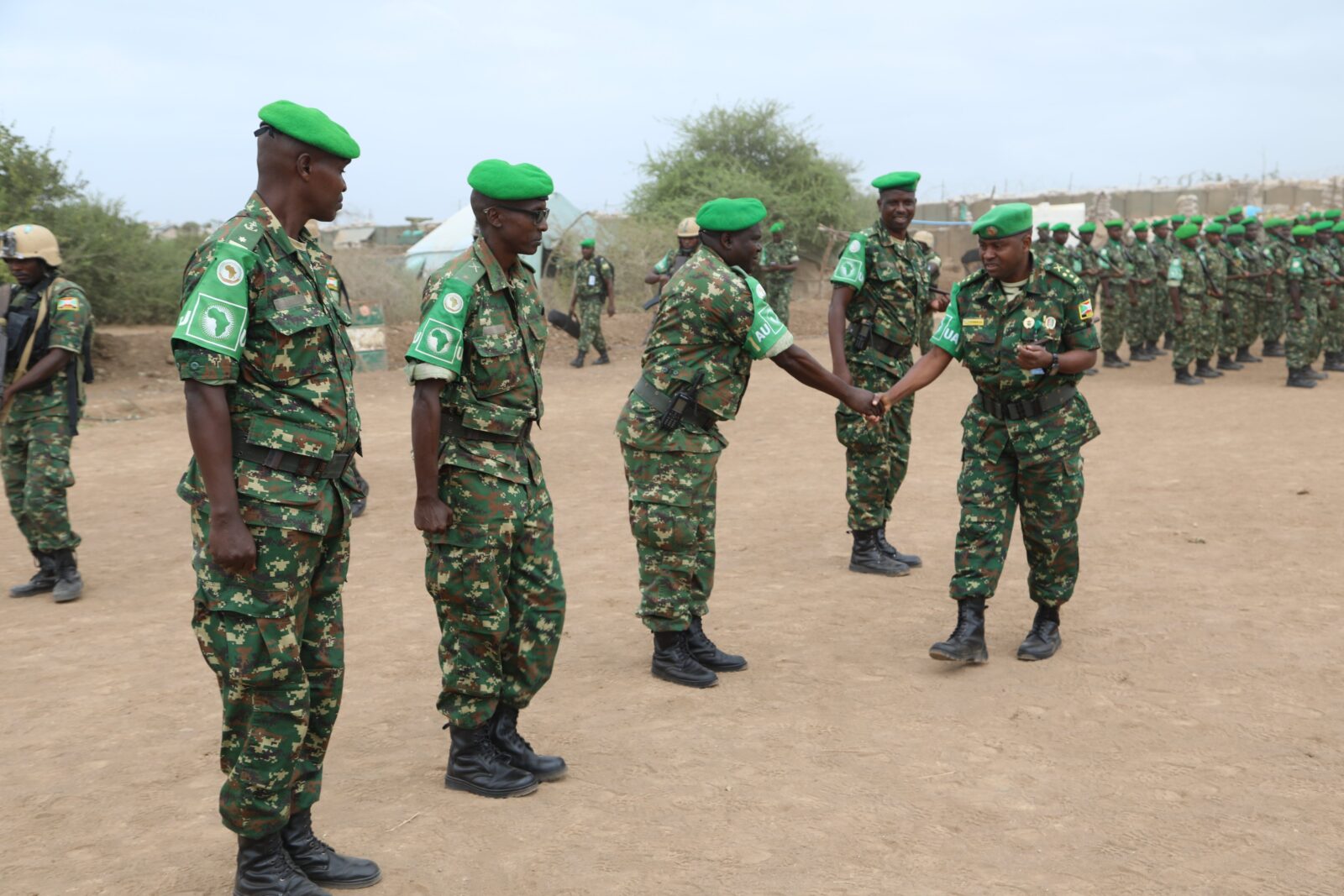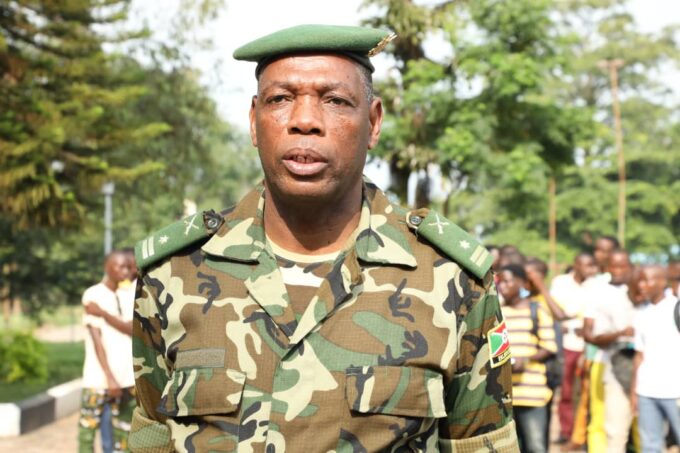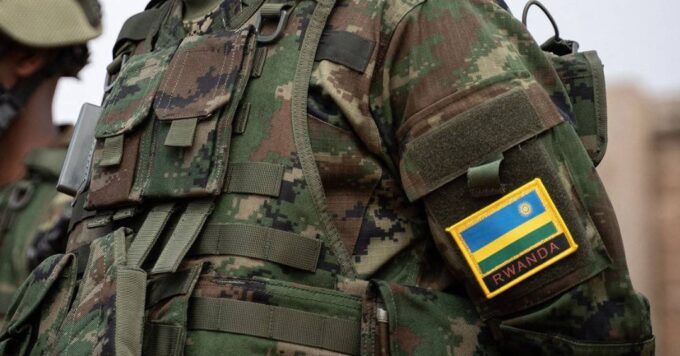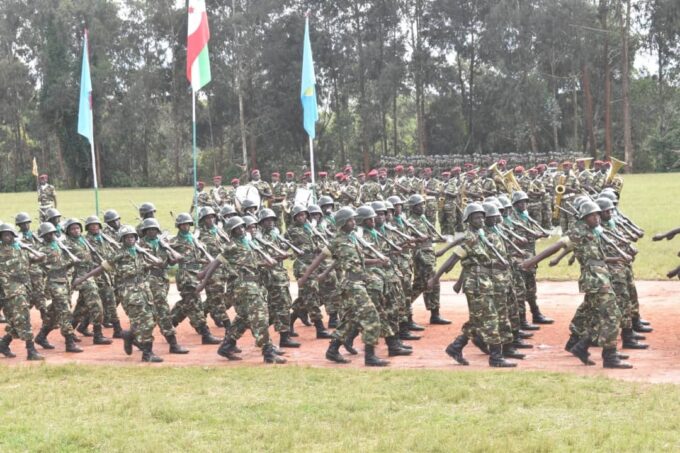Burundi has announced its withdrawal from the upcoming African Union Support and Stabilization Mission in Somalia (AUSSOM) due to unresolved disagreements over troop allocations.
The Embassy of Burundi in Addis Ababa, Ethiopia, confirmed the decision in a statement on X (formerly Twitter) on Saturday, saying that its Permanent Representative to the African Union, Willy Nyamitwe, had informed Djibouti’s representative and current Chair of the African Union Peace and Security Council, Abdi Mahamoud Eybe, of the decision.
“Following the lack of consensus between Burundi and Somalia on the allocation of numbers to the Burundi National Defense Forces (BNDF) for AUSSOM, Burundi’s Permanent Representative… conveyed Burundi’s unfortunate non-participation in AUSSOM. They also discussed the way forward,” according to the statement.
The announcement followed Friday’s resolution by the United Nations Security Council, which approved the transition from the African Union Transition Mission in Somalia (ATMIS) to AUSSOM. The new mission, scheduled to begin in January 2025, authorizes the deployment of up to 12,626 personnel, including 1,040 police officers, to support Somalia’s nearly two-decade-long fight against the al-Shabaab insurgency.
Burundi, a long-time contributor to AU peacekeeping missions in Somalia, has expressed dissatisfaction with its troop allocation under AUSSOM, reportedly limited to around 1,000 personnel. The country had pledged to deploy at least two battalions—approximately 2,000 soldiers—to the mission, maintaining its commitment to security in Somalia, where it has been active for 17 years.
Speaking to Burundi’s public broadcaster RTNB on Sunday, Army Spokesperson Gaspard Baratuza emphasized that the allocation was inadequate given Burundi’s operational experience and expertise in Somalia. “Contributing fewer than two battalions would not be feasible,” Baratuza said, highlighting the operational complexities and security requirements the country has managed over the years.
The Burundian government’s discontent reportedly stems from Somalia’s recent bilateral consultations with individual troop-contributing countries, bypassing the African Union’s traditional approach to such decisions.
The decision marks a significant shift for Burundi, which was the second country to deploy troops to Somalia in December 2007 and has remained a key player in combating al-Shabaab alongside Djibouti, Ethiopia, Kenya, and Uganda. The African Union has yet to formally respond to Burundi’s withdrawal or address the proposed troop allocations.








Leave a comment